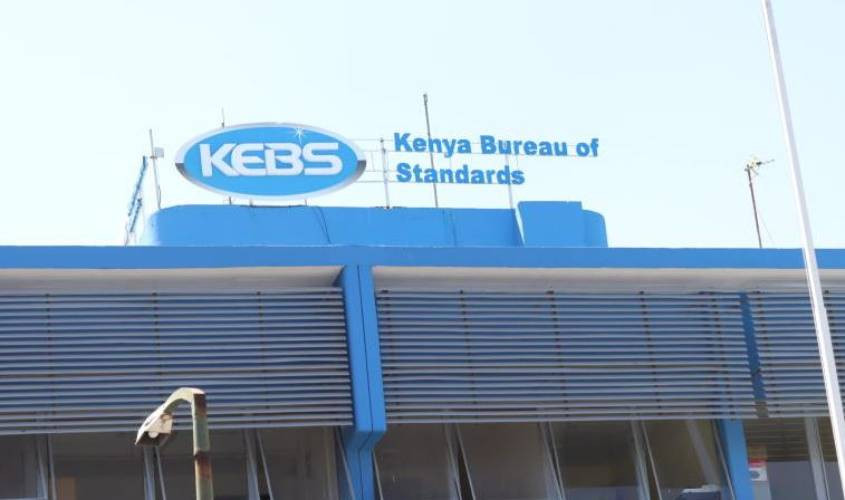×
The Standard e-Paper
Home To Bold Columnists

The Kenya Bureau of Standards (KEBS) has clarified that the imported edible oil is safe for human consumption and meets the health and safety standards, despite failing to comply with the required Vitamin A levels.
In a statement on Wednesday, December 6, KEBS said that it had tested the edible oil imported by Kenya National Trading Corporation (KNTC) and found that it complied with all the parameters of the Kenya Standard (KS EAS 769:2019) except for the vitamin A levels.